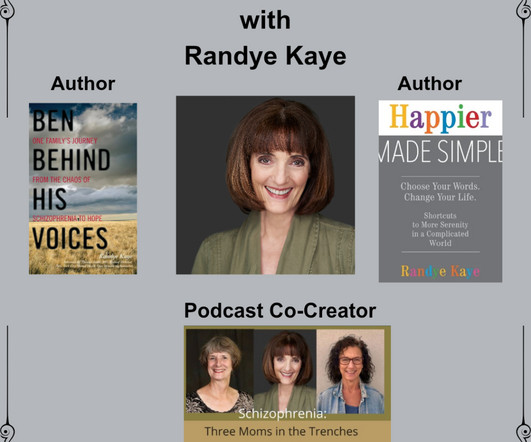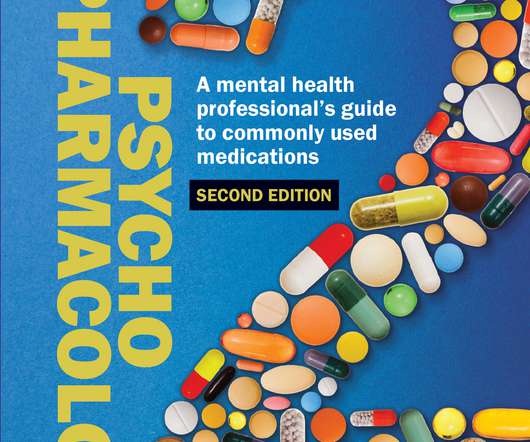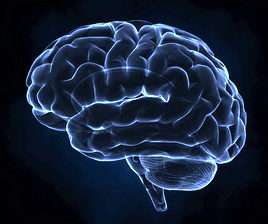Guest Post: Interview with Randye Kaye: Podcast Co-Host of Schizophrenia: 3 Moms in the Trenches and Author of Ben Behind His Voices: One Family’s Journey from the Chaos of Schizophrenia to Hope and Happier Made Simple: Choose Your Words
Bipolar Bandit
JANUARY 23, 2024
Randye Kaye is the co-creator and host of the popular podcast, Schizophrenia: 3 Moms in the Trenches. She has spoken at CIT International, American Psychiatric Association, APNA, and The Missouri Behavioral Health Council. Her son, Ben, has been hospitalized over ten times for schizophrenia.













Let's personalize your content